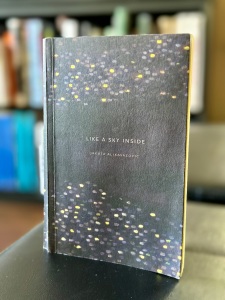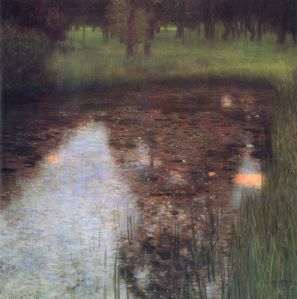 Upon ascending the peristyle of the Louvre, one first glimpses the Venus de Milo, standing alone on her pedestal at the end of the large hall. It’s a moment of indefinable emotion, elusive and never to be recaptured.
Upon ascending the peristyle of the Louvre, one first glimpses the Venus de Milo, standing alone on her pedestal at the end of the large hall. It’s a moment of indefinable emotion, elusive and never to be recaptured.
In Like a Sky Inside, a young woman spends a night alone in the museum but cannot sleep, even at the foot of the world’s most famous statue. Jakuta Alikavazovic explores the deep impression a family, particularly the narrator’s father, leaves on a child, shaping the adult’s worldview through the prism of childhood.
The narrator attempts to distance herself from her father, believing she can grasp the background, illusions, and expectations. Yet, this understanding fails to prevent her emotions from lagging far behind her intellectual insight. What do we truly know of our parents from the carefully contrived stories, purged of all ugliness, socially presentable yet revealing so little? This novel is a cunning meditation on the many forms of disappearance within our lives.
Jakuta Alikavazovic also contemplates the nature of the art object. In a setting as iconic as the Louvre, surrounded by masterpieces whose reproductions are ubiquitous, Alikavazovic challenges the narrator’s, and thereby the reader’s, perception of originality and authenticity. The solitary experience of the narrator with these artworks in the dead of night echoes Walter Benjamin’s concern with how mass reproduction strips an artwork of its ‘aura’, the unique presence in time and space.
Like a Sky Inside is translated by Daniel Levin Becker.



